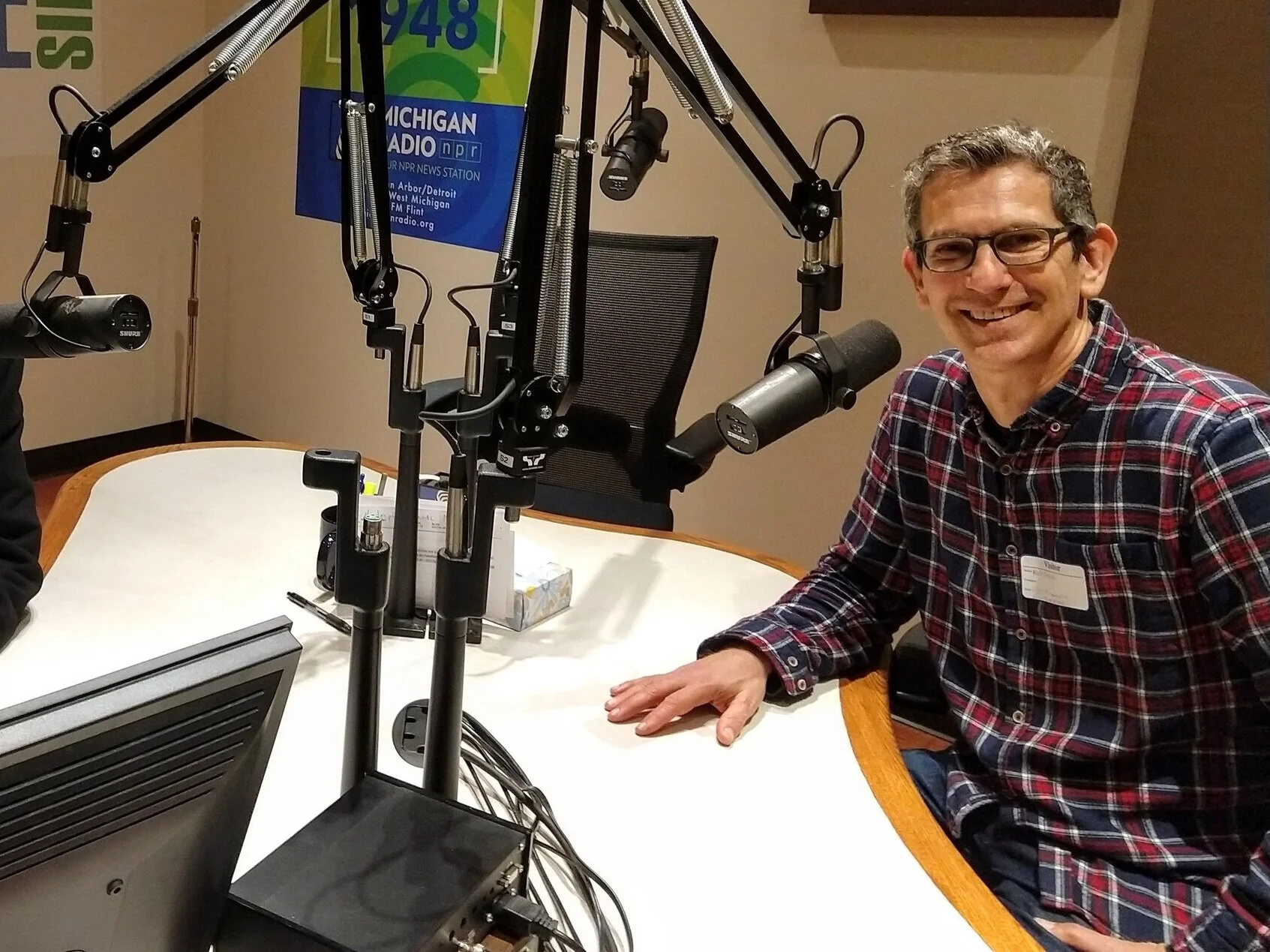By ANDREW ROBINS • JUN 18, 2018
Your next house might be “net-zero.” So says the keynote speaker at a conference in Kalamazoo. Matt Grocoff of Ann Arbor promotes the practice of building or converting homes so that they generate as much energy as they use, something he says does more than lower utility bills.
"We're going to have to see a lot more 'net-zero' buildings going forward in the future if we're going to manage the quickly changing energy fields and climate change."
But Grocoff says Michigan is falling behind in adopting net-zero building standards.
"Michigan needs to get on board as quickly as possible or we're going to be left behind by other states, and we're going to see jobs lost here to other states that are inviting innovative companies into their states."
Grocoff founded the THRIVE Collaborative in Ann Arbor. He and his wife converted a house built in 1901 to net-zero standards using solar panels, geothermal energy, and other improvements. He says that shows older structures can be converted to become "zero net energy," as the practice is also known. And Grocoff says new net-zero homes can be built economically.
"I worked on a project with Habitat for Humanity in Traverse City that built ten net-zero energy homes for a total cost of $150,000 apiece. These homes don't have any energy bills, or very, very low ones for a couple of them. So price is no longer an obstacle."
Grocoff says net-zero standards would push the U.S. toward a more sustainable and secure energy system. That would involve "micro-grids" sharing the electricity generated by buildings locally, making them less dependent in fragile, imported energy sources.
"Our children are going to grow up in a world they'll live in all-electric homes powered by the sun right there on their own site. They're going to look at us and say, 'Power outage? Daddy, what's a power outage?'"
The "Reaching for Zero" conference will be held on Wedesday, June 20, from 8 a.m. to 5 p.m. at Western Michigan University's Fetzer Center. It's hosted by the Southwest Michigan Sustainable Business Forum and the West Michigan Chapter of the U.S. Green Building Council. The cosponsors are the Kalamazoo Nature Center, Consumers Energy, DTE Energy, the Michigan Agency for Energy, the Terry Todd International Speaker Series, and WMU's Office for Sustainability.

